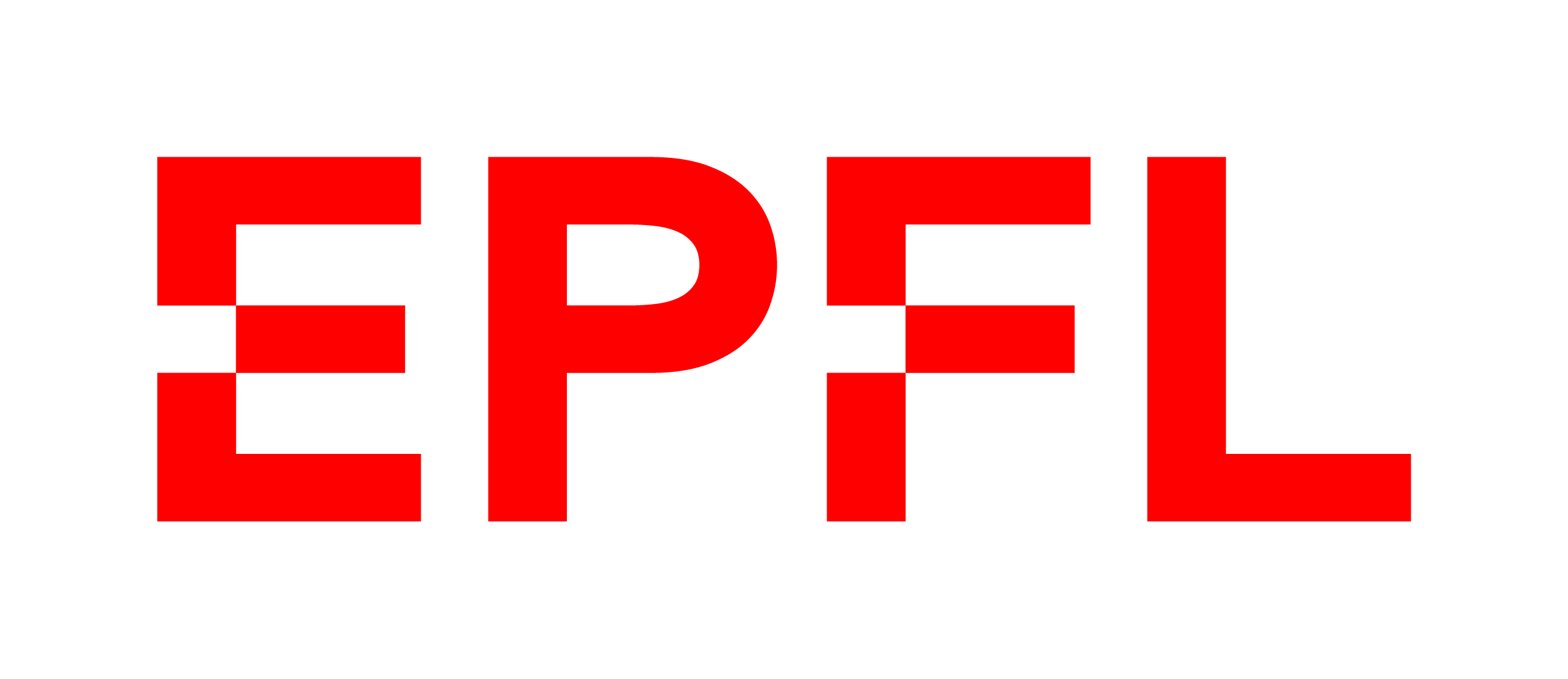Gaznat fund at EPFL
Gaznat supports R&D
As part of its commitment to funding research and development projects, Gaznat entered into an agreement with the Swiss Federal Institute of Technology (EPFL) in Lausanne to launch calls for projects at the laboratories and research institutes of the university.
Eleven research projects have already been selected through two calls for proposals between 2016 and 2018. These projects focus on diverse topics related to CO2 and energy efficiency, including: CO2 capture using graphene membranes, geological sequestration of CO2, micro-cogeneration based on natural gas, the development of cells that convert CO2 into fuel using solar energy, or the electrochemical conversion of CO2 into ethylene.
These projects are:
- Metal oxides as paradigm.shifting catalysts for carbon dioxide reduction - Prof. Xile Hu
- Prospects and barriers to natural gas-based micro-cogeneration in Switzerland - Prof. Matthias Finger, Prof. Philippe Thalmann, Dr. Jan van Herle, Dr. François Vuille
- CO2 Capture by high throughput nanoporous graphene membrane - Prof. Kumar Varoon Agrawal
- FRICTION: Fault Reactivation during CO2 sequesTratION - Prof. Marie Violay
- Electrochemical reduction of CO2 to methane - Prof. Raffaella Buonsanti
- Development of a robust and inexpensive photoelectrochemical cell for the artificial photosynthesis of Solar Fuels from CO2 - Prof. Kevin Sivula
- On the integrative role of Natural Gas for the energy transition in the building sector - Dr. François Maréchal
- Development of heterogeneous metal organic framework catalysts for the direct transformation of carbon dioxide into synthetic natural gas - Prof. Paul Dyson and Prof. Clémence Corminboeuf
- Strategic design of polymer composites for carbon capture - Prof. Wendy Queen
- High efficiency Power-to-Methane system based on direct thermal coupling between steam electrolyzer and catalytic methanator - Dr. Jan van Herle
- Biomimetic hybrid organic-inorganic membranes for ultrahigh-throughput carbon capture - Prof. Kumar Varoon Agrawal
In a 3rd call for projects, 4 projects were selected:
1) hydrogen production;
2) cogeneration;
3) advanced separation and 4) CO2 capture.
1) Hydrogen production
Prof. Xile Hu, Laboratory of Inorganic Synthesis and Catalysis
Project: Construction of an electrolyzer with a high efficiency anion exchange membrane.
Objective: to realize a prototype of hydrogen production based on the AEMWE (Anion Exchange Membrane Water Electrolyzer) technology.
2) Cogeneration
Prof. Jürg Schiffmann, Laboratory of Applied Mechanical Design
Project: Highly efficient fuel cell system combined with a turbine (FC-GT hybrid systems) and including an integrated carbon separator.
Objective: To realize an efficient cogeneration prototype (reverse Brayton cycle) for electricity and heat production from natural gas by combining a heat pump (SOFC) with a micro-turbine while separating CO2.
3) Advanced Separation
Prof. Kumar Agrawal, Laboratory of Advanced Separations
Project: development of zeolite membranes for H2/CO2 separation. This technology could also be applied to biogas purification or hydrogen separation from methane.
4) CO2 capture
Prof. Wendy Queen, Laboratory for Functional Inorganic Materials
Project: Demonstration of the use of amine-impregnated nanoporous materials for post-combustion carbon capture.
Objective: to test amine-impregnated porous materials (MOF, Metal Organic Framework or porous coordination polymers) for the absorption of carbon dioxide molecules with high selectivity.
More information is available on the Gaznat fund page on the EPFL website.
